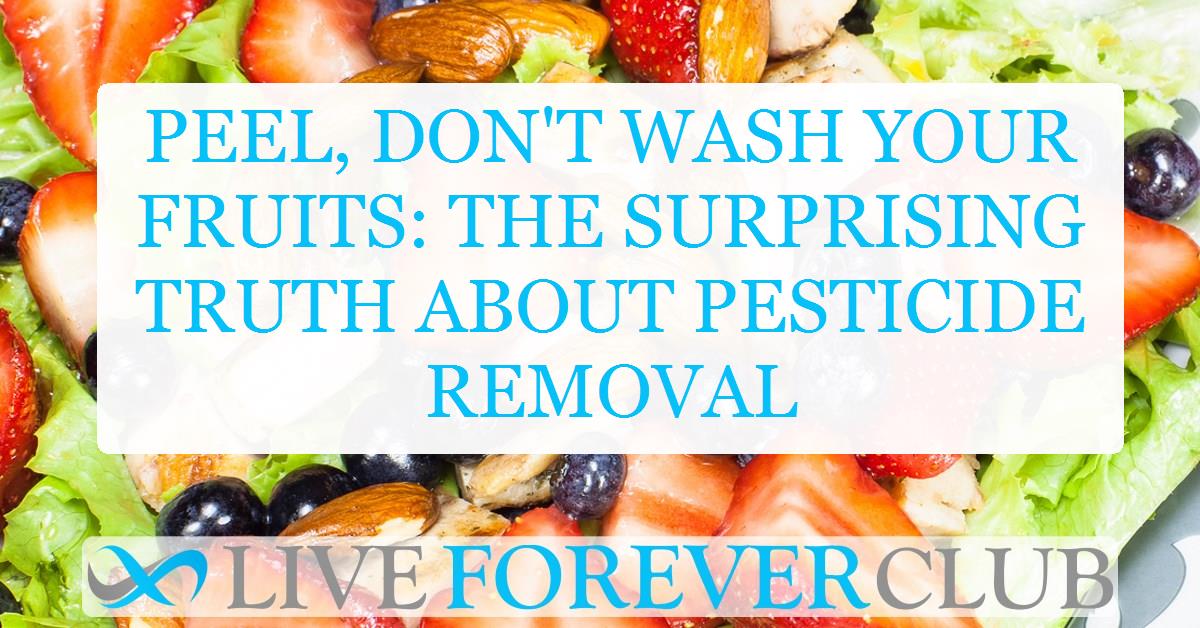Key points from article :
A recent scientific study published in the American Chemical Society's journal Nano Letters has underscored consumer concerns about pesticide residues on produce. The researchers found that pesticides can penetrate the skin of fruits, making conventional washing ineffective in removing them entirely.
This finding aligns with a separate report from Consumer Reports, which indicated that 20% of tested fruits and vegetables contained pesticide residues at levels potentially posing health risks.
The study's primary objective was to introduce a novel, highly sensitive technique for detecting trace pesticide levels in food. However, the researchers' discovery regarding the ineffectiveness of washing fruit carries significant implications for consumers who rely on this practice for food safety.
The study's authors from Anhui Agricultural University note that their findings support the notion that peeling fruits, and potentially removing a portion of the flesh beneath the peel, is a more effective method for reducing pesticide exposure compared to washing alone. This research contributes to the ongoing discourse surrounding the safety of pesticide residues in the food supply, particularly as regulatory bodies and consumer advocacy groups continue to debate acceptable levels of exposure.
While the health risks associated with pesticide exposure are well-documented, most existing research focuses on occupational exposure rather than dietary intake. This study underscores the need for further research into the potential health implications of dietary pesticide exposure. In the interim, it highlights the importance of considering additional measures, such as peeling, to mitigate potential risks.







